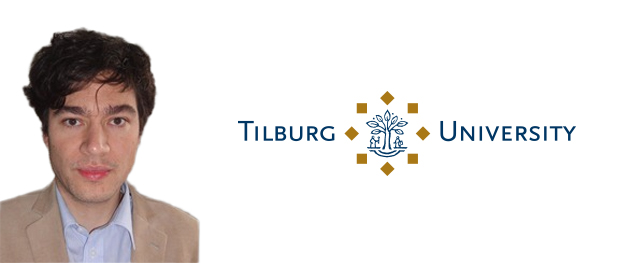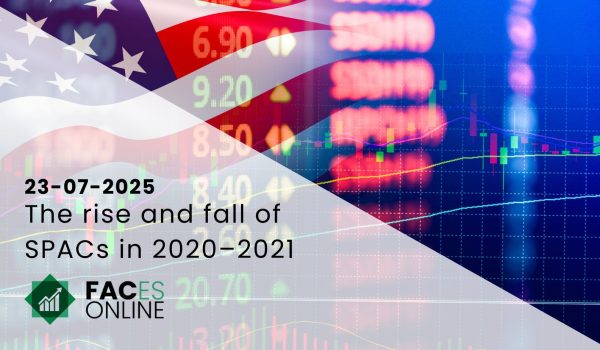In his column, David Hollanders talks about the private banks who lend massively to Greece. After Greece went bankrupt they should have taken the losses, but the Troika-insitutions saved them from this.
After the introduction of the euro in 2002 private banks lend massively to Greece. They earned billions in the form of interest-rate payments. Interest-rate payments compensate –among other things- for default risk. The raison d’être of private banks then is to price such risks efficiently and allocate capital accordingly. Banks that do so well, prosper. Banks which are bad at assessing default risk go bankrupt, or so they should in a free market.
When Greece went bankrupt in 2010, private lenders –such as ING, Paribas, Deutsche Bank- should have taken the losses. Nobody forced them to lend to Greece, they decided so themselves –and earned profits along the way. Market discipline prescribed that when the losses materialized in 2010, they too should have been stomached by private lenders. It didn’t happen this way. The private debts were transferred to the public institutions formerly known as the Troika (the European Commission, the ECB and the IMF). The “Troika” thereby became the debt-collectors of private banks. The Troika were very generous debt-collectors indeed. They paid private lenders 100% on the euro. This is moral hazard to the max. Private lenders were bailed out fully.
The Troika now tries to recoup as much of the debt as possible. Nobody really believes Greece can repay everything –that was the reason Greece went bankrupt in the first place- but for five consecutive years now the Troika has gone out of its way to take Greece for everything it has. Greece had to slash pensions, unemployment benefits and health care-expenditure (only the Greek oligarchy was left untouched by the Troika). This destroyed the Greek economy (GDP contracted -28%) and lead to souring suicides, poverty and unemployment. Normally only wars manage to do that.
The position of the Troika is completely similar to that of debt-collectors. It took over debt of loan sharks. It then bled the debtor dry, destroying the debtor socially, economically, and indeed emotionally. There is one difference though. In many countries, including the Netherlands, pushing debtors around is limited to a certain time-span (three years in the Netherlands). Not so in the European Monetary Union. The Troika insists that Greece slashes spending for generations to come. Added to that, it needs to continue with the fire-sale of government assets (euphemistically called privatization). Who are buying these assets at discount prices? The exact same private banks that were bailed out by the Troika. This is not moral hazard anymore, it is a scam.

















